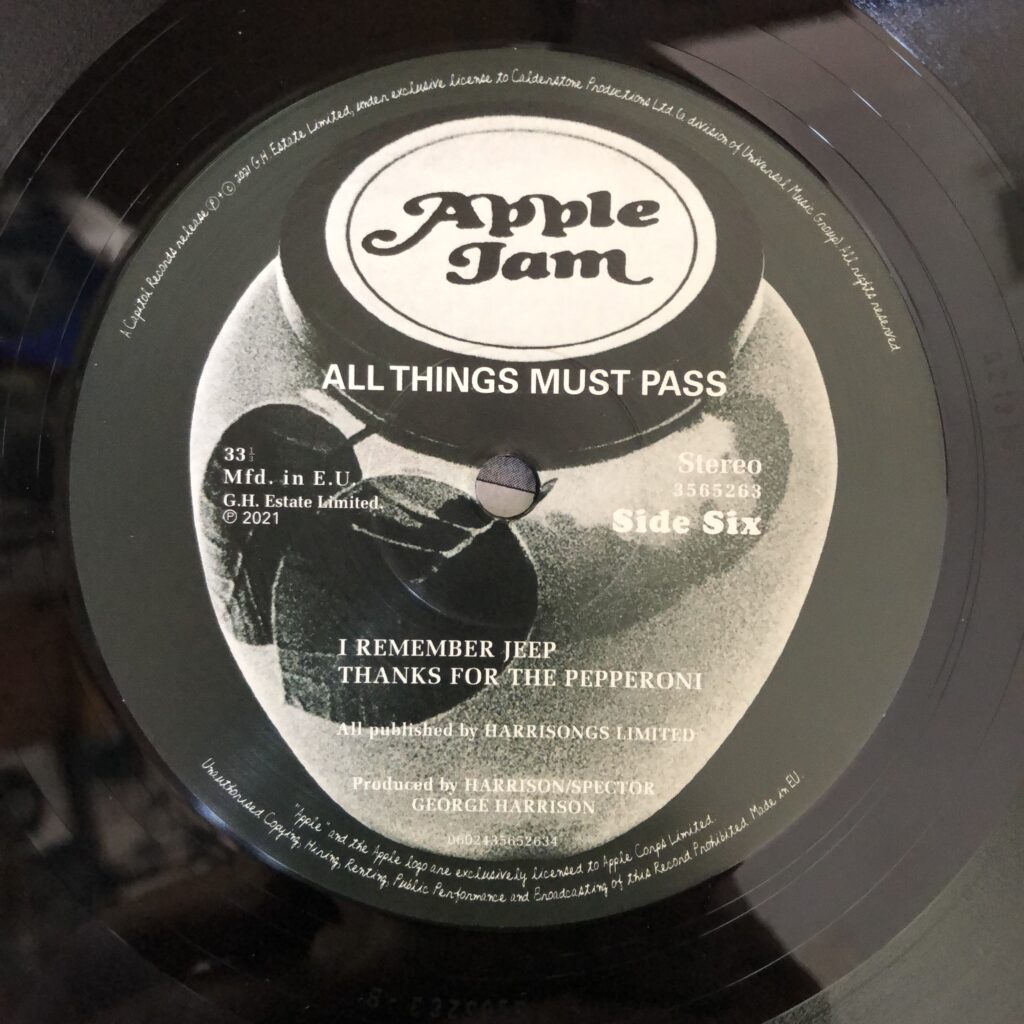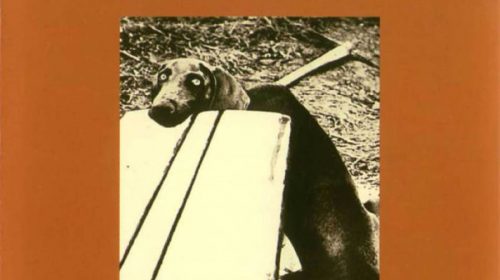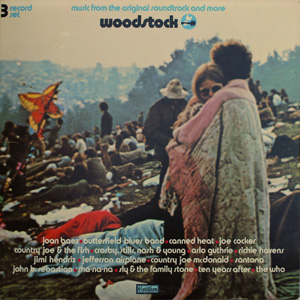Village Theater NYC
impermanence
The entertainment business and the venues that are part of that business is a volatile one. What is fashionable and successful one moment is gone and forgotten the next.
105 Second Avenue in Manhattan is most famous as the site of Bill Graham’s Fillmore East, at least among the thousands of Baby Boomers who attended the shows there from March 8, 1968 to June 27, 1971, only 1206 nights later. In the grand scheme of things, that’s pretty short.
Village Theater NYC
The Commodore Theater
Originally, the venue opened as the Commodore Theatre in 1925-1926 and presented Yiddish vaudeville and films.
According the the wonderfully extensive “Streets You Crossed” site, the Commodore was decorated in the Adamesque style. It was also occasionally used as a meeting hall for leftist groups in the ’30s and ’40s.
Later, Lowes took over the site as strictly a movie theater.
And between Lowes and Bill Graham, it was the Village Theater and resembled the Fillmore East in many ways.
Village Theater NYC
The Village Theater
Perhaps I’ll be able to find a more specific timeline, but The Village Theater seems to appear in the early 1960s. The Streets site said it was “Managed by Ben Barenholtz (who later operated the Elgin, a revival/art/midnight movie house at 175 Eighth Avenue–which is now the Joyce, a dance performance space), the Village Theater functioned as “a sort of bargain-basement counterculture Carnegie Hall,”
The Streets site has also collected many advertisements the Theater placed in the Village Voice and they reflect the broad range of presentations that the Village Theater had.
Cosmic Love-In
One included a Cosmic Love-In supported the 1968 Presidential campaign of Louis Abolafia and his Love ticket. The event was promoted as four continuous days and nights. Along the way, a James Stevenson article in the May 5, 1967 issue of the New Yorker quoted Abolafia as saying, ““In running for the Presidency I’m trying to bring about a world unity. We should be a country of giving and giving and giving. The way we’re going now, we’re all wrong. We could be giants; we should be 10 times above what the Renaissance was…”
He would receive about 2 million votes.
Village Theater NYC
WOR-FM
WOR-FM held its first anniversary concert there on June 11, 1967, with Janis Ian, the Blues Project, Richie Havens, the Chambers Brothers, Jeremy and the Satyrs, and the Doors, all emceed by WOR jocks like Rosko, Murray the K, and Scott Muni.
The Doors played the theater again on September 9, 1967 and it was not long after that that Bill Graham purchased the site.
Village Theater NYC
Long Long List
Jesse Jarnow is a writer and a DJ on WFMU, IMHO, one of the greatest radio stations in the world. He has assembled a list of all the shows the Village Theater presented between March 28, 1964 and February 24, 1968. Perusing this list it becomes pretty obvious that the variety is much like Bill Graham‘s vaunted diversity:
November 29-30, 1963, Lenny Bruce
March 28, 1964, Lenny Bruce, days before his bust at the Cafe au Go Go
November 19, 1965, Donovan
Donovan’s New York debut, promoted by Harold Leventhal, longtime manager of Pete Seeger, The Weavers, and many others. Leventhal had also put on Bob Dylan’s first formal New York concert at Carnegie Chapter Hall in 1961.
November 24, 1965, Chuck Berry, The Blues Project, The Undercurrents
Chuck Berry was backed by Al Kooper and the Blues Project. Hosted by Jack Walker.
November 30, 1965, Lenny Bruce, Mongo Santamaria & Co.
July 29, 1966
The Avant-Garde, presented by Joe Pinelli & Lovebeast Enterprises, MC: Alan Grant
Ornette Coleman Trio, Giuseppi Logan Quartet, Frank Smith Sextet
August 12, 1966 he Avant-Garde, presented by Joe Pinelli & Lovebeast Enterprises, MC: Alan Grant
John Coltrane Quintet, Marion Brown Quintet, Jeanne-Lee/Ran Blake Duo
August 26, 1966, The Avant-Garde, presented by Joe Pinelli & Lovebeast Enterprises, MC: Alan Grant
Archie Shepp Quartet, Albert Ayler Quintet, Frank Smith Sextet
September 19, 1966, Mark Lane on JFK assassination.
September 20, 1966, Timothy Leary, Ralph Metzner
Psychedelic art by Jackie Cassen and Rudi Stern
Billed as “a series of three psychedelic celebrations.”
September 27, 1966, Timothy Leary, Ralph Metzner
Psychedelic art by Jackie Cassen and Rudi Stern
October 3, 1966 .LeRoi Jones
October 4, 1966, Timothy Leary, Ralph Metzner
Psychedelic art by Jackie Cassen and Rudi Stern
October 11, 1966, Timothy Leary, Ralph Metzner
Psychedelic art by Jackie Cassen and Rudi Stern
October 18, 1966, Timothy Leary, Ralph Metzner
Psychedelic art by Jackie Cassen and Rudi Stern
October 25, 1966, Timothy Leary, Ralph Metzner
Psychedelic art by Jackie Cassen and Rudi Stern
November 1, 1966, Timothy Leary, Ralph Metzner
Psychedelic art by Jackie Cassen and Rudi Stern
November 8, 1966, Timothy Leary, Ralph Metzner
Psychedelic art by Jackie Cassen and Rudi Stern
November 15, 1966 ,Timothy Leary, Ralph Metzner
Psychedelic art by Jackie Cassen and Rudi Stern
November 22, 1966. Timothy Leary, Ralph Metzner
Psychedelic art by Jackie Cassen and Rudi Stern
November 29, 1966, Timothy Leary, Ralph Metzner
Psychedelic art by Jackie Cassen and Rudi Stern
December 6, 1966, Timothy Leary, Ralph Metzner
Psychedelic art by Jackie Cassen and Rudi Stern
Allen Ginsberg appeared at the December 6th performance.
December 22, 1966, Jazz concert, featuring Stokely Carmichael
December 26, 1966, John Coltrane, Ornette Coleman Trio
John Coltrane with Pharoah Sanders, Alice Coltrane, Jimmy Garrison, Rashied Ali, Sonny Johnson, Omar Ali, and Algie Bata. Many photos. Gig details.
January 29, 1967, Angry Arts Against the War in Vietnam: Broadway Dissents, featuring Alan Alda, Ruby Dee, John Henry Faulk, Jules Feiffer, Diana Sands, George Tabori
February 2, 1967. Angry Arts Against the War in Vietnam: Judson Chamber Ensemble, Bread and Puppet Theater
February 4, 1967, Angry Arts Against the War in Vietnam: Children’s program at 2 pm: Chalk Talk with Maurice Sendak, Eva Merriam (poetry), Yakim Mime Troupe, films, folksingers; The Last Word (at 8 pm): Jack Glick, Daniel Magrin, Cyrelle Ferman, Phil Corner
February 5, 1967, Angry Arts Against the War in the Vietnam (4pm): Art Farmer, Jimmy Heath, Jackie McLean, Burton Green and Vincent Gaeta, Clifford Thornton, Pharaoh Sanders, Jeremy Steig, Joel Freedman
“Just Music?” report from the Village Voice by Michael Zwerin
“Everybody’s Stepchild,” Michael Zwerein, continued
February 14, 1967, Sweethearts’ Day Poetry Reading featuring Allen Ginsberg, LeRoi Jones, Ishmael Reed, Peter Orlovsky, Allan Katzman, David Henderson, Lorenzo Thomas, Paul Blackburn, Joel Oppenheimer, Len Chandler, Ronald Stone, Denise Nichols, Hart LeRoi Bibbs, Tom Dent
February 17, 1967, Jonas Mekas and Film-Makers’ Distribution Center present Lenny Bruce (1965)
February 22, 1967, WBAI Benefit: Pete Seeger, Tom Paxton, Chad Mitchell Trio, Patrick Sky, Judy Collins
February 25-26, 1967, Albert Ayler Octet
Performances from February 26th were released on In Greenwich Village (Impulse, 1967) and The Village Concerts (ABC Impulse, 1978)
March 3, 1967, Lucas Hoving Dance Company
March 10, 1967, Pomare Dancers
March 12, 1967, Kay Boyle Tribute to the Rev. A.J. Muste: Daniel Berrigan, Dorothy Day, Dave Dellinger, W.H. Ferry, Fred Halstead, Alfred Hessler, Nat Hentoff, Arnold Johnson, Sidney Lens, Bradford Lyttle, David Miller, Bayrd Rustin, I.F. Stone, Marge Swann
March 13, 1967, Eleo Pomare
Subscription dance series for 10 Mondays presented by Eugene Dildine and the Village Theatre
March 17, 1967, Philadelphia Woodwind Quartet, Ornette Coleman Trio
March 20, 1967, Midi Garth (dance)
March 25, 1967, Nina Simone and Miriam Makeba, with Flip Wilson
presented by V. Steven Truett
March 27, 1967, Yukiro (dance)
April 3, 1967, Norman Walker (dance)
April 10, 1967
Paul Sanasardo (dance)
April 14, 1967
Angry Arts (afternoon and evening shows): Free Spirits, Judy Wieder, Robin Roberts, Barbara Dane, Blues Project, Dave Van Ronk, Penny Whistlers, Chad Mitchell Trio, Gene and Franceca, The Magicians, Children of Paradise, Izzy Young (M.C.)
April 17, 1967, Mariane Perra
April 22, 1967, Klay Folk Festival: Beers Family, followed by old-fashioned hootenanny. Presented by Berale Klay and Goya Guitars
April 26, 1967 Chuck Berry and His Original Band
April 27, 1967, Merle Marsicano (dance)
April 28, 1967, Chuck Berry. Presented by Psi Upsilon Fraternity
May 1, 1967, Lucas Hoving (dance)
May 2-4, 1967, Abolafia Presidential Love-In (aka Abolafia Cosmic Love-In, aka Cosmic Love Convention): possibly featuring Group Image, Eric Andersen, Alec Leonhardt, Allen Ginsberg, Timothy Leary, Richie Havens, Paul Krassner, Free Spirits, Children Of Paradise, Elaine White, A.C. Bhaktivedanta Swami Prabhupada
Described as a “72-Hour Freakathon for Hippies and Saints,” Louis Abolafia was a nudist/love candidate for President and early hippie advocate for the town of Woodstock. Memories from Abolafia’s brother. Associated Press photo.
May 8, 1967, Meredith Monk (dance and music)
May 12, 1967, Malvina Reynolds and the Pennywhistle Singers
Bernie Klay & Goya Guitars presents
May 13, 1967, An Evening With God by Renewal Magazine in Celebration of the Pentecost starring: The Rev. Malcolm Boyd, Dick Gregory, Paul Krassner, Dr. Timothy Leary, Len Chandler, Dr. Harvey Cox
May 15, 1967, Bhaskar (dance)
May 18, 1967, 3-Penny Poetry Reading For Life Against the War in Vietnam: Andrei Voznesensky with Sam Abrams, David Antin, John Ashbery, Ted Berrigan, Gordon Bishop, Karl Bissinger, Robert David Cohen, Phillip Corner, Gregory Corso, Robert Creeley, Joe Early, Clayton Eshleman, The Fugs, Donald Gardner, Malcolm Goldstein, Jackson Maclow, Lewis Meyers, Joel Oppenheimer, Jerome Rothenberg, Joel Sloman, Gil Sorrentino
May 19, 1967, Peter Schumann’s Bread and Puppet Theater, The Pennywhistlers, Bernie Klay and Goya Guitars Presents
May 20, 1967, Tribute to Chaim Towber
May 27, 1967, Horace Silver Quintet, Morgana King, Ahmad Jamal Trio
June 3, 1967, Herbie Mann, billed as Impressions of the Middle East. There was some kind of bazaar set up in the lobby. Herbie Mann’s 1967 album, The Wailing Dervishes, was recorded at this performance, featuring Rufus Harley, Reggie Workman, Bruno Carr, Moulay “Ali” Hafid, Chick Ganimian, Roy Ayers, Steve Knight, Esber Köprücü, Hachig T. Kazarian, Steve Knight, Oliver Collins, and James Glenn.
June 5, 1967, Ruth Currier Dance Troupe
June 11, 1967, WOR-FM 1st Anniversary Party (early & late shows): Blues Project, The Doors, Janis Ian, Chambers Brothers, Richie Havens, Jeremy and the Satyrs, plus Jim Lounsbury, Johnny Michaels, Scott Muni, Murray the “K”, Rosko
June 12, 1967, Charles Weidman Theater Dance Company
June ??, 1967, Trips To Wear (fashion show): Third Eye Band, Quintet Revolutionary
June 25, 1967, Songs For Synanon: Count Basie Band, Arthur Pryscock, Stan Getz Quintet
June 26, 1967, Tamara Woshakiwska, Charlotte Honda and Margot Parsons (dance)
June 28, 1967, Bread For Heads Festival: Mothers of Invention, The Fugs, Left Banke, Allen Ginsberg, Tim Buckley. The event was a legal defense benefit for busted marijuana smokers. The Banke borrowed the Mothers’ gear and left theirs in the van outside, only to find it all stolen afterwards.
July 8, 1967, Blues Project, The Who, Richie Havens, Chrysalis, Third World Raspberry (playing after). Don Friedman Presents Explosion. Purportedly the final Blues Project show.
July 21-22, 1967. The Byrds, Vanilla Fudge, The Seeds (late only on 7/21, early & late on 7/22). Don Friedman Presents Explosion (7/21 added later) It could have been an extremely avian event had the Fudge not recently changed their name from the Pigeons.
July 28, 1967, Janis Ian, The Grass Roots (early & late)
Don Friedman Presents Explosion
August 5, 1967, Janis Ian, The Association, Jake Holmes (early & late shows). Don Friedman Presents Explosion
August ??, 1967. Luis Valdez’s Teatro Campesino
August 16, 1967, The Community Breast, A Benefit For The Community (sponsored by To Each All Things): Tiny Tim, The Fugs, Judy Collins, Richie Havens, Peter Walker
Proceeds to Diggers, Provos, and the Communications Company. Pearls Before Swine cancelled.)
August 21, 1967, Barry Gordon
August 24, 1967, Benefit for the Harlem Six and the black people of Dorchester County, S.C.: James Baldwin, Richie Havens, Ossie Davis, Dick Davy, Frank Mitchell Quintet, Bob and Joe
Billed as James Baldwin’s “first major address in 2 years.” Per the East Village Other, 8/24/67, “Baldwin will relate the unrest in America’s Negro ghettos to American foreign policy in a benefit performance tonight… Baldwin is returning to this country from a two-year writing tour in Europe and Istanbul. Co-sponsoring his appearance are the Charter Group for a Pledge of Conscience and the Dorchester Committee of New York City.
August 25, 1967, The Yardbirds, The Youngbloods, Jake Holmes
Don Friedman Presents Explosion,. The night Jimmy Page learned “Dazed and Confused” by hearing Jake Holmes perform it.
August 26, 1967, New Stars in ’67 starring Henry Bell with Julie Janeiro, the Jacksonians, the Young Long Islanders, Samuel Avital, Burton Greene, Sandy Allyne, Martha Reynolds, Yvonne Warden, Mother Hive, Sampson Horten Orchestra.
September ??, 1967, Peace rally with H. Rap Brown & others. “That New Black Magic! Keep It Violent,” Leticia Kent in the Village Voice.
September 2, 1967, Mitch Ryder, Vanilla Fudge, The Illusions
September 5, 1967, James Cotton Blues Band, New York Blood Sweat and Tears (billed as Al Kooper/Steve Katz), The Kingdom Come
September 6, 1967, The Glories, The Vibrations, Sam the Sham and the Pharaohs
September 8, 1967, Sri Swami Sivananda with Bob Fass, Dr. Joseph Gelberman
September 9, 1967, The Doors, The Vagrants, Tim Rose
Dynasty Presents. The Vagrants (from Queens) featured Leslie West, future co-founder of Mountain.
September 22, 1967, Dick Gregory, Charles Mingus, Andrew Hill
September 23, 1967, Cream, Canned Heat. (Moby Grape cancelled.)
“They Play Blues, Not Superstar,” Richard Goldstein in Village Voice
September 30, 1967, Cream, Soul Survivors, Richie Havens. Cream only played early show.
October 7, 1967, Wilson Pickett, The Paupers, Eric Anderson
October 11, 1967, The Weekly Freakly. Announced as a weekly series in Billboard “featuring Lower East Side talent and top recording acts,” I’m going to assume it only happened a handful of times and vanished.
October 14, 1967. Sarah Vaughan and Arthur Prysock. V. Steven Truett presents.
October 15, 1967, October Breakout, MC: Bob Fass
3 pm: Richie Havens, Eric Anderson, Ossie Davis, Ruby Dee, Paul Krassner, Archie Shepp Quartet, Jeremy and the Satyrs, Barbara Dane, Matt Jones
8 pm: Phil Ochs, Charles Mingus, Tim Rose, Moondog and Strings, Paul Krassner, Joe Frazier, Paul Knopf, Bill Fredricks, Elaine White
produced by Topic Magazine and United Jazz Workshops
October 18, 1967, The Weekly Freakly
October 20-21, 1967, Otis Redding and Carla Thomas (cancelled)
October 20-24, 1967, Festival of Changes, A Celebration of the New Destiny; The Sight & Sound of San Francisco Scene: New Salvation Army Banned, The C.I.A. (Center for Interplanetary Activity) Visual disorientation by Liquid Sandwich, Aurora Glory Alice
October 25, 1967, The Weekly Freakly
October 27-29, 1967, Donovan (cancelled)
October 28, 1967, Procol Harum
October 30, 1967, Half Note 10th Anniversary Show: Paul Anka, Carmen McRae, Cannonball Adderley Quintet, Bobby Hackett, Al Cohn (conductor), Alan Grant (M.C.)
October 31, 1967, Halloween Party
November 3, 1967, Yardbirds, Vanilla Fudge (early & late shows)
November 4-6, 1967, Jefferson Airplane (cancelled)
November ??, 1967, James Cotton Blues Band, Blood Sweat and Tears
November 7, 1967, Wilson Pickett, Martha and the Vandellas, James Cotton
November 10-11, 1967, The Doors (cancelled)
November 11, 1967, Moby Grape
November 12, 1967, The Buck Owens Show (4 pm & 8:30 pm): Buck Owens with the Buckaroos, Wynn Stewart, Tommy Collins, Rose Maddox. Bob Wyld and Art Polhemus Present.
November 17-18, 1967, Electric Flag, Charles Lloyd (cancelled)
November 18, 1967, Charles Lloyd Quartet (early & late)
November 19, 1967, Cosmos presents: Moondog and Mimi Sym, Group Image & Lights, Aluminum Dream, Tiny Tim, Federal Duck, Charles O’Hegarty, Kingdom Come, Lee Crabtree, Grey Company, Pageant Company, plus underground film, Izzy Young (M.C.)
November 23-24, 1967, (early & late) Moby Grape, Druids of Stonehenge, Charles O’Hegarty, Kingdom Come
November 25-26, 1967, The Who, The Vagrants, Rich Kids
Gary Kurfirst Presents. Perhaps when The Who first met Vagrants/Mountain guitarist Leslie West, who would go on to play on the Who’s Next sessions. Promoter Gary Kurfirst would go on to manage Talking Heads, Blondie, The Ramones, and many others.
December 2, 1967, Mass Meeting, planning for Stop The Draft Week, December 4th-8th, organized by Fifth Avenue Vietnam Peace Parade Committee
December 26-27, 1967. Grateful Dead, Peggy Emerson, Take Five. It snowed through a hole in the ceiling. Complete program for the shows. Program features a track list and coupon for the forthcoming live album Take Five were recording that night, allegedly to be released soon on Constellation Records (of 322 E. 44th Street), but I can find no further evidence of this album, Take Five, or a New York company called Constellation Records. Anybody?
February 2, 1968 [moved to Anderson Theater], Country Joe & the Fish, Jim Kweskin’s Jug Band, Soft White Underbelly. Soft White Underbelly was the prototype version of Blue Oyster Cult, who later used the closed-down Fillmore East/Village Theatre as a rehearsal space in 1975.
February 23-24, 1968, Pearls Before Swine
Fillmore East Comes…and Goes
From Brewster and Broughton’s Last Night A D.J. Saved My Life (New York: Grove, 1999): Apparently there were sporadic attempts to keep the theater going as a live music venue called the Village East in the early ’70s, but none were successful. The building was vacant for most of the decade, but on September 20, 1980, it was reopened as the Saint, owned by Bruce Mailman–perhaps thee most highly esteemed gay dance club of all time. Gone were the old theater’s seats, stage, LSD, and freak-out rock; in their place were high-tech astronomical fantasy decor, poppers/coke/ecstasy, and throbbing ’80s disco.
Village Theater NYC, Village Theater NYC, Village Theater NYC, Village Theater NYC, Village Theater NYC, Village Theater NYC, Village Theater NYC, Village Theater NYC, Village Theater NYC, Village Theater NYC, Village Theater NYC, Village Theater NYC, Village Theater NYC, Village Theater NYC, Village Theater NYC, Village Theater NYC, Village Theater NYC, Village Theater NYC, Village Theater NYC, Village Theater NYC,

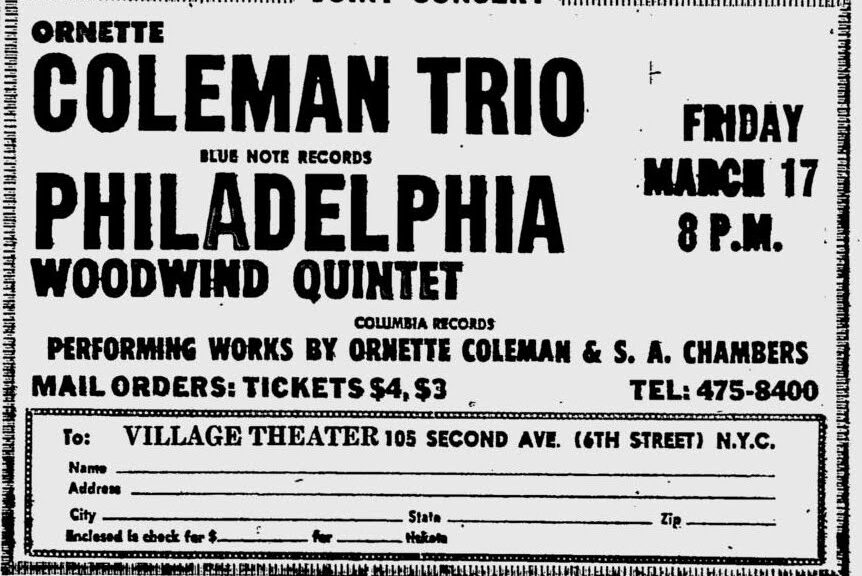
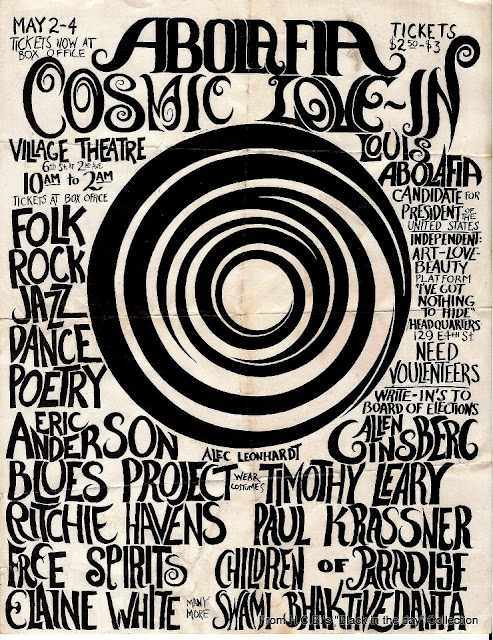
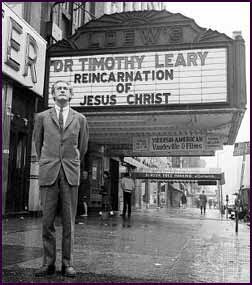
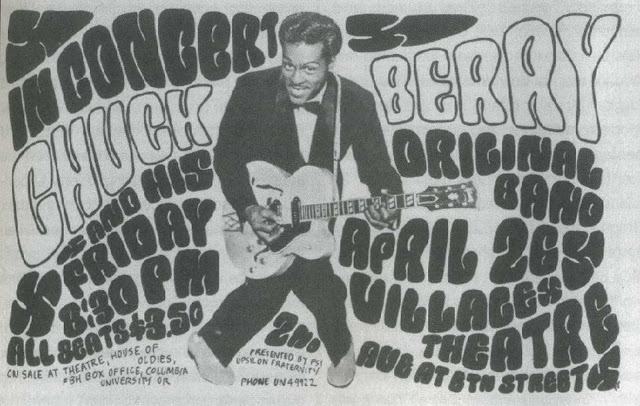
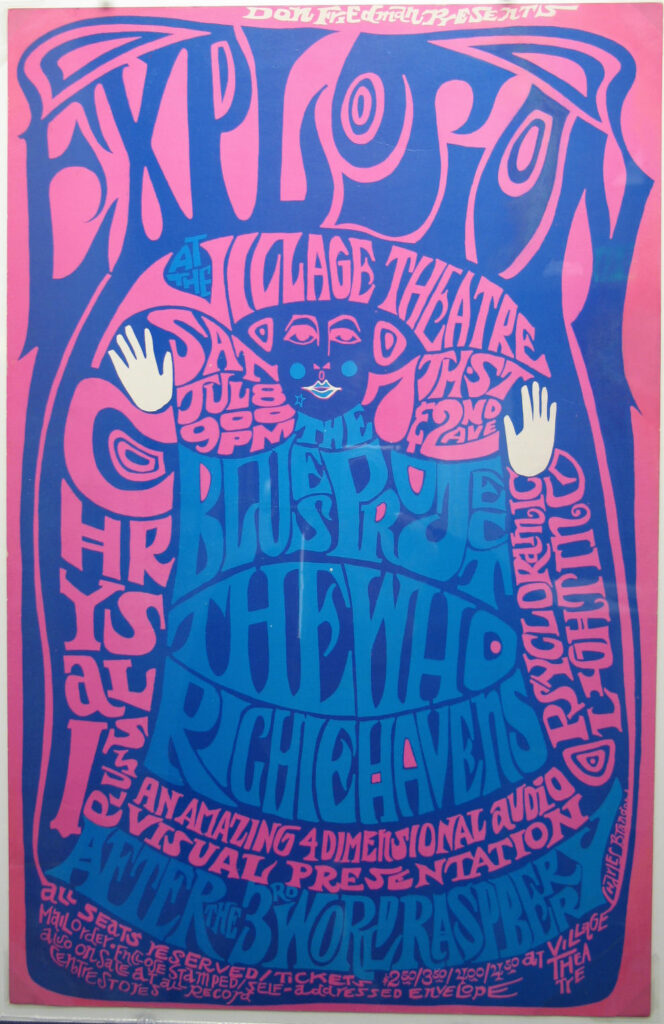
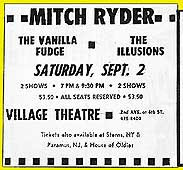

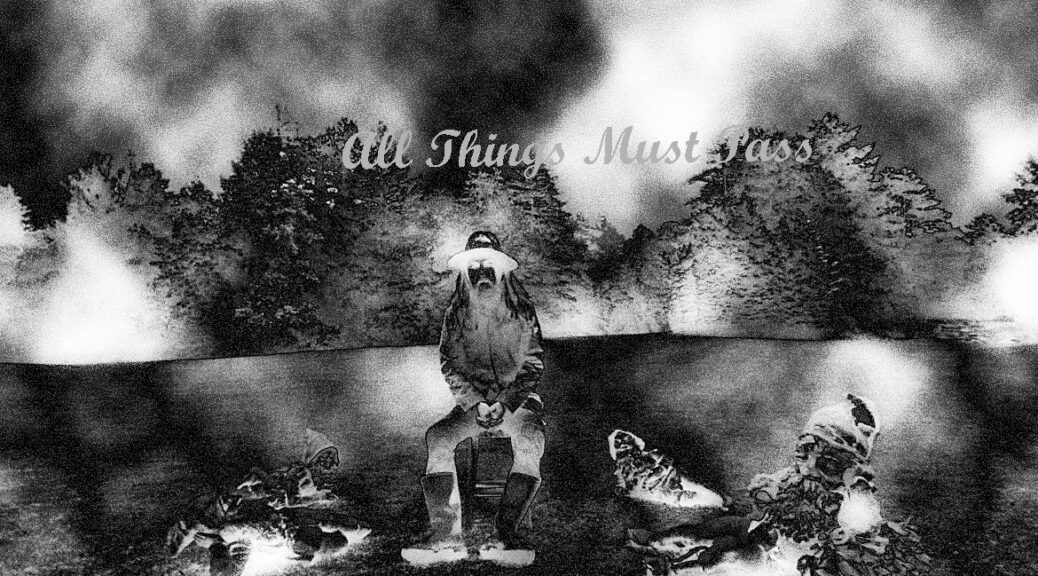

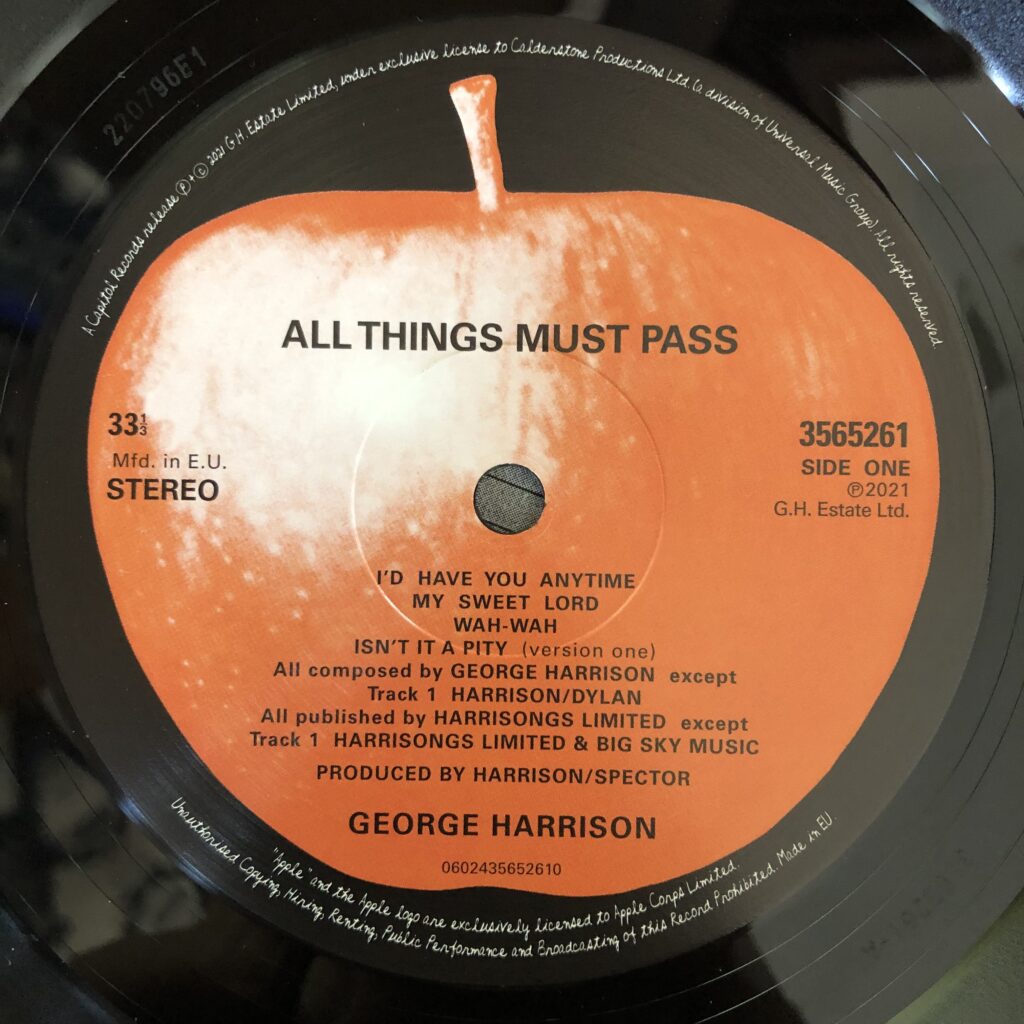
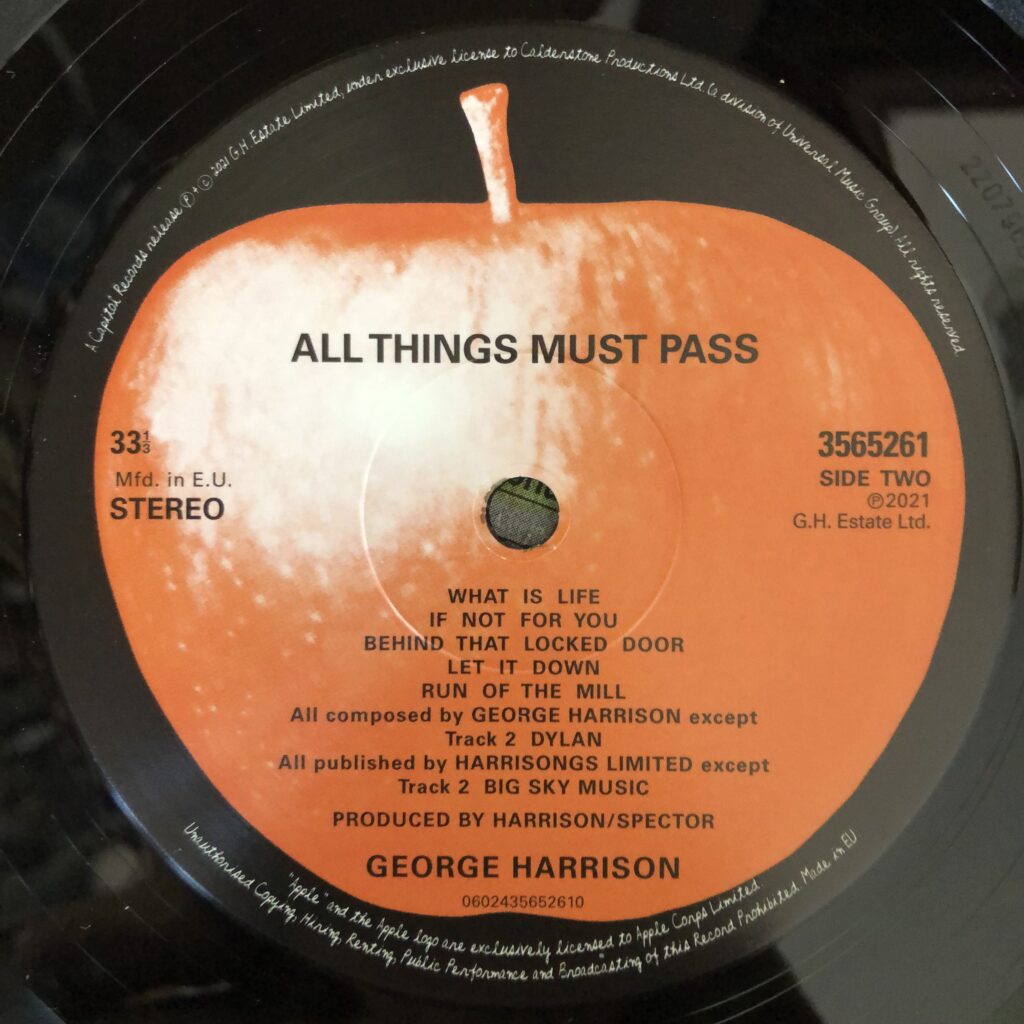
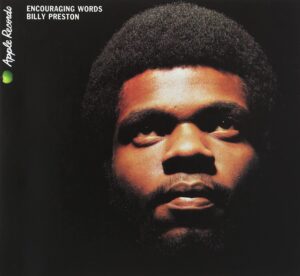
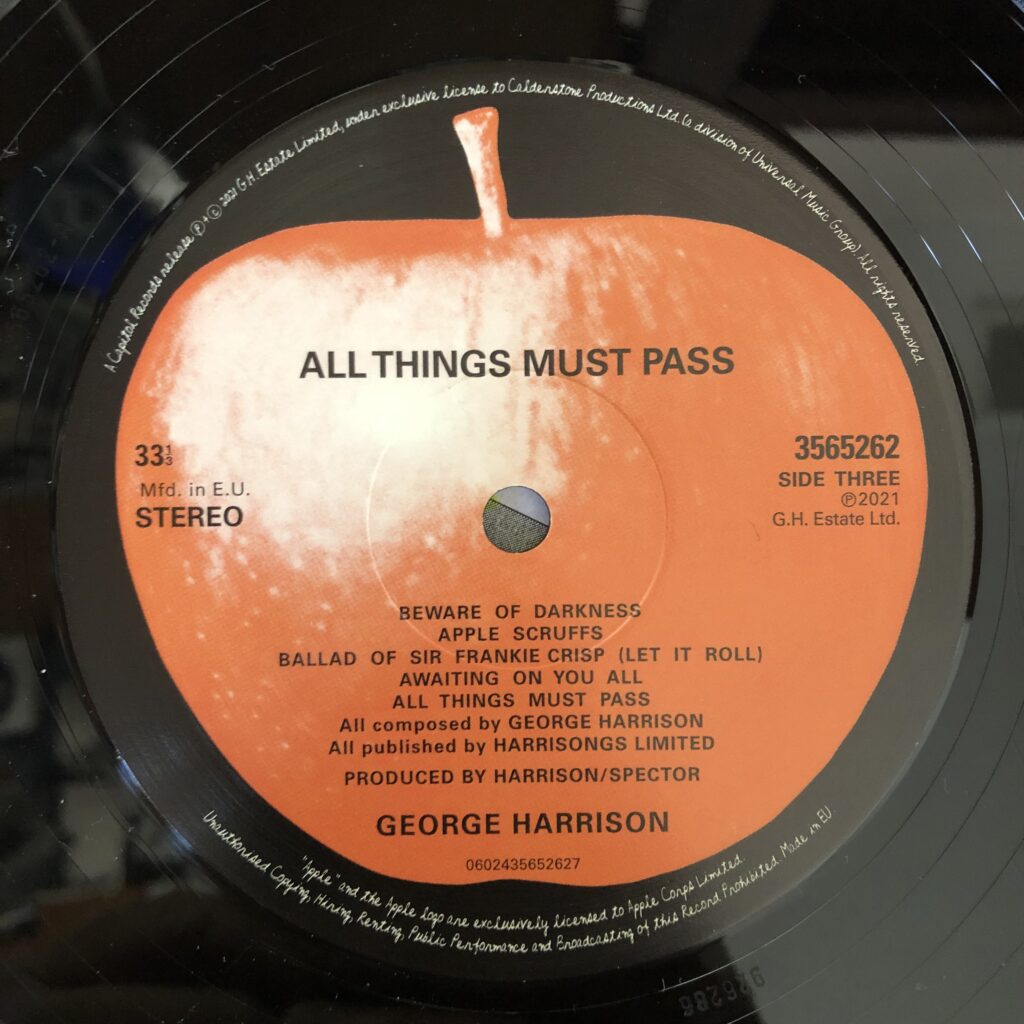


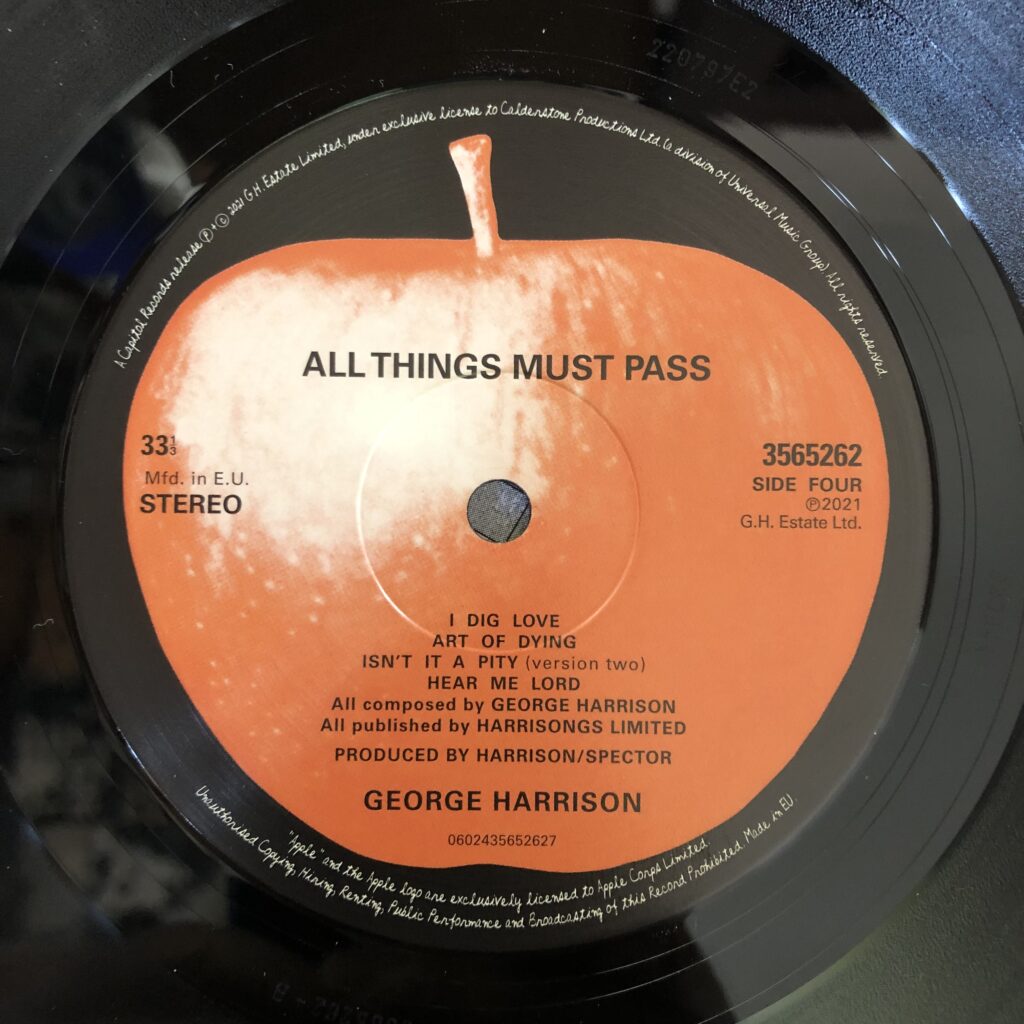
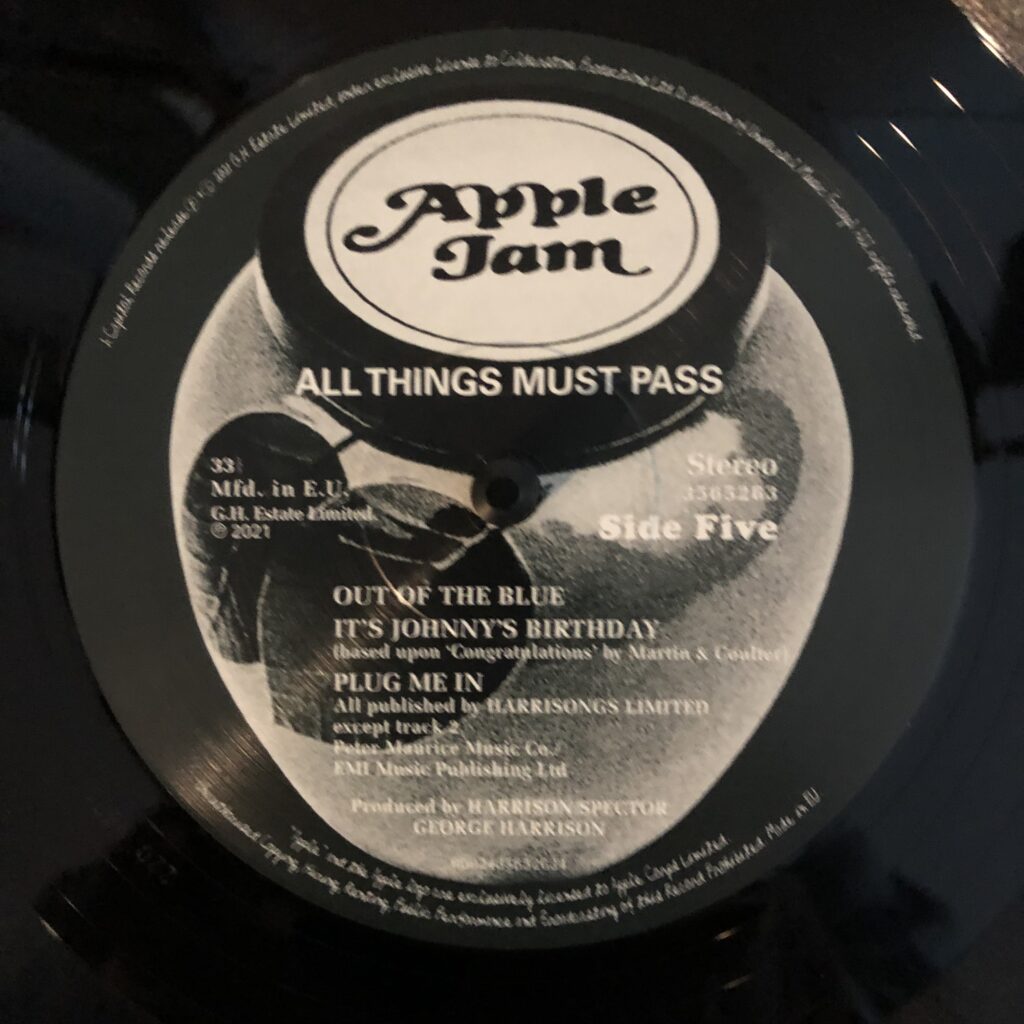
:format(jpeg):mode_rgb():quality(90)/discogs-images/R-6452463-1419606542-4733.jpeg.jpg)
